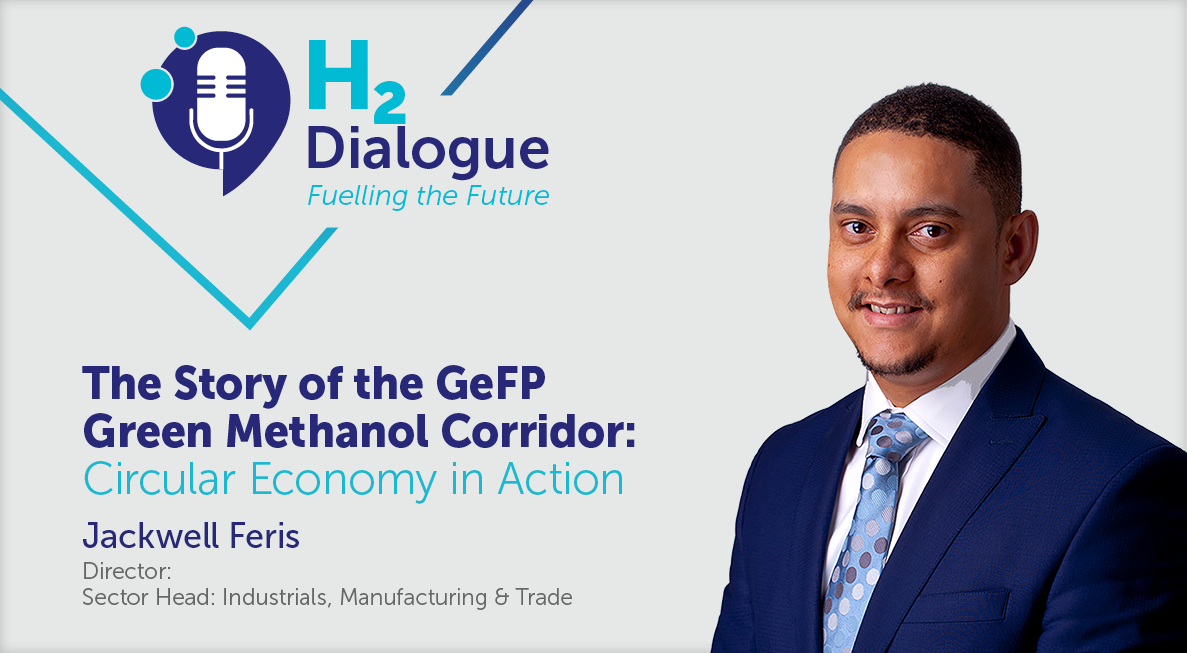Jackwell Feris
About Jackwell
Jackwell is recognised as a leading expert in domestic and international arbitration commercial, investment, and public international law and has represented clients in high‑value disputes across Africa and globally. He also advises on dispute avoidance, strategic regulatory engagement, and judicial review of state and regulatory decisions impacting mining, energy, infrastructure, and PPP‑driven projects.
Jackwell’s expertise covers administrative and constitutional law, public procurement and public finance law, public international law, international investment law, specialised natural resources law (including mining and oil & gas), infrastructure regulation, and the legal design of PPP and PSP models for complex projects.
Areas of expertise
Experience
Advise clients on various policy, regulatory and licensing matters relating to energy laws such as the various Integrated Resource Plan(s) and Integrated Energy Plan in South Africa, the generation and related licencing regimes and requirements, sovereign guarantees and related public finance matters for IPP projects, public procurement matters relating to IPP projects, other regulatory and contractual matters flowing from implementation agreements, power purchase agreement and other power project agreements, environmental appeals and review applications relating to proposed nuclear projects and proposed gas-to-power projects.
Advise clients on various policy, regulatory and licencing matters relating to the mining laws in South Africa on, amongst others, public participation matters in mining development, local content and supplier development matters, B-BBEE and related mining charter matters, domestic and international issues around strategic minerals, objections and appeals in respect of prospecting and mining rights.
Advise clients on various policy, regulatory and Oil & Gas licensing matters on, amongst others, petroleum manufacturing/refining, petroleum wholesale and retailing, bulk storage and handling for petroleum and gas, local content and supplier development requirements, import and export requirements for petroleum products.
Advised national electricity state-owned company on its nuclear new build programme in relation to, amongst others, procurement and public finance matters, the project development and regulatory matters in relation to the proposed nuclear installation.
Advised various clients (both public and private) on proposed legislative amendments and/or new developments to legislation/regulations regulating the mining, energy and Oil & Gas industries, the infrastructure and transport sector, including the general investment law framework.
Advised various clients on policy, law and regulatory matters relating to projects in the mining and energy sectors in relation to a) clean coal project: integrated underground coal gasification development for the production of blue hydrogen in South Africa, b) re-development of a processing facility for residue stockpile of gold and uranium, c) expansion of coal mining operations for Eskom tied collieries.
Advise on policy, law and regulatory matters relating to rail transport infrastructure in Gauteng, funding and related models, climate change, carbon pricing/tax policies and green transportation to meet decarbonization requirements.
Advised various clients on domestic investment policy and law, international investment law and public international law matters on: investment structuring & risk mitigation; political risk assessments; merit assessments of investment claims; expropriation and nationalisation of investments, fair and equitable treatment, most favoured nation, developing investment law principles; and work relating to investor-state disputes
Represented parties in various complex arbitrations under various arbitration Rules (AFSA, ICC, LCIA, UNCITRAL) and litigation proceedings flowing from, amongst others, supply agreements, off-take agreements, sale and purchase agreements, acquisition agreements, franchise agreements, contract mining agreements, production sharing agreements, bulk storage and supply agreements, shareholders agreements.
Represented governments, state-owned entities in complex regulatory appeal proceedings, litigation and arbitrations proceedings relating to, amongst others, international technical nuclear co-operation agreements, nuclear policy and law, mining investment/funding agreements, public finance matters, environmental and climate change matters, national government funding programmes.
Judicial review proceedings (either as representative of applicant or co-respondent with state) relating to various regulatory measures by the host governments in various economic sectors flowing from by policy, legal and/or regulatory measures or procurement matters.
Enforcement proceedings of arbitral awards.
Represented commercial parties in various cross-border disputes in the Southern African region in South Africa, Lesotho, Namibia, Botswana, DRC, Zimbabwe, and Tanzania.
Recognition
- Chambers Global 2026 ranked Jackwell in Band 5. 2023–2025 ranked him as an “Up & Coming” dispute resolution lawyer.
- The Legal 500 EMEA 2022–2025 recommended him for dispute resolution.
- The Legal 500 EMEA 2025 recommended Jackwell for projects & infrastructure.
- Jackwell was listed in the Legal 500 Private Practice Arbitration Powerlist: Africa 2023.
- The Association of Young Arbitrators recognised Jackwell as an expert arbitration practitioner.
- Jackwell is a recipient of The Africa's 50 Most promising Young Arbitration Practitioner 2020 Award. He is recognised by The Association of Young Arbitrators (AYA) as an expert Arbitration Practitioner who is passionate about the growth and development of International Investment and Commercial Arbitration in Africa.
Credentials
Education
- LLB, North West University, Potchefstroom: 2005
- Admitted as attorney and notary public: 2008
- LLM in Corporate Law, University of the Witwatersrand: 2012
- Certificate in Economics for Law, University of the Witwatersrand: 2015
- Certificate in International Commercial Arbitration, Washington College of Law: 2017
- Certificate in International Investment Treaties and Investor State Arbitration, International Law Institute in collaboration with Georgetown University: 2017
Memberships
- Director and Executive Member of the Underground Coal Gasification Association of South Africa
- Member of the Fossil Fuel Foundation and South African Oil & Gas Alliance
- Member of the African Arbitration Association
LANGUAGES
- English
- Afrikaans












